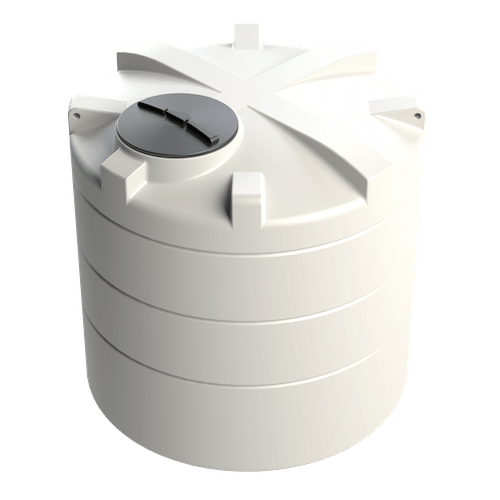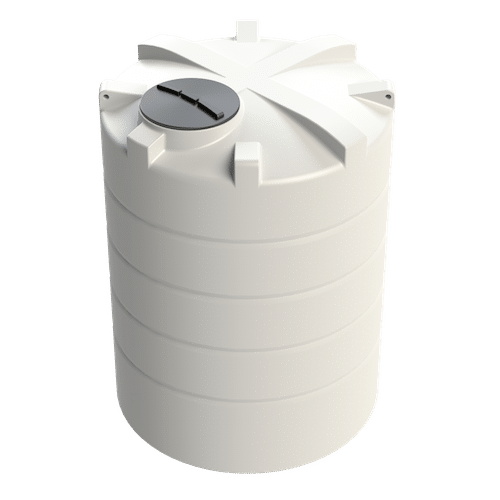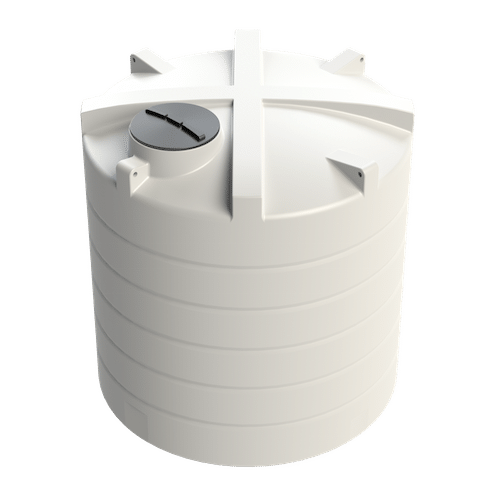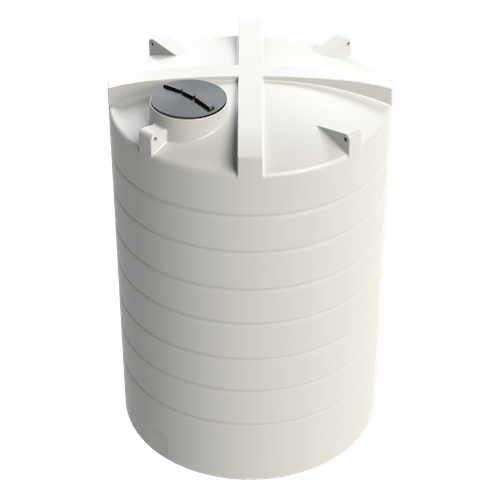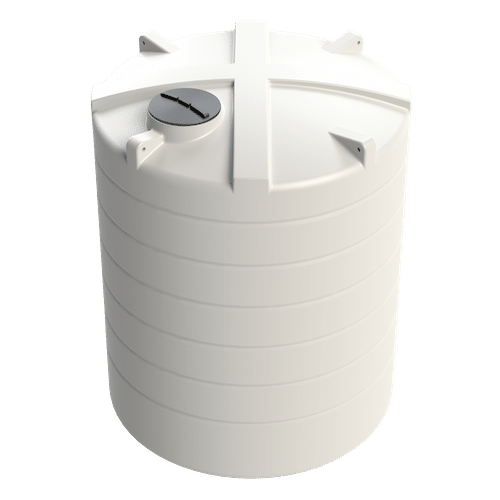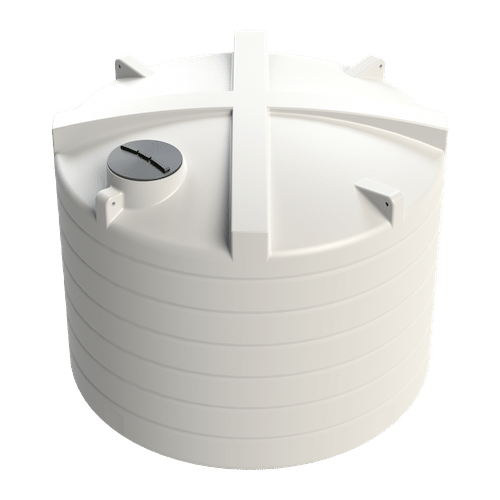It’s coming up to that time of year again when snow is likely to fall and our roads can become treacherous. One effective way to minimise the risk of accidents is by applying solutions, such as Brine, to roads and paths.
Contents
What is Brine?
Brine is a solution that combines salt, typically Sodium Chloride, and water. Brine can also be made with Calcium Chloride or Magnesium Chloride. It is commonly used by local authorities as a anti-icing fluid on roads. It is effective as a anti-icing measure because it has a freezing point lower than water.
How is Brine used?
Brine is used as a proactive measure to reduce the likelihood of snow and ice bonding to the road surface as well as a means to prevent frost forming on pavement surfaces. It’s typically applied before a winter storm has arrived using trucks carrying tanks, which have pumps to spray the brine onto pavement and road surfaces.
Which is more effective – anti-icing or deicing?
In contrast to anti-icing, where Brine is applied before a storm, pre-wetted rock salt can also be applied to a road or path after snow and ice has formed. This is called deicing and is used to break the bond between the snow and pavement.
Studies have, however, shown that anti-icing is a more effective solution. This is because anti-icing uses between one-quarter and one-fifth of the amount of salt that is used in deicing to achieve the same level of service on the road.
The advantage of anti-icing include:
- Cuts the costs of maintaining a safe road over conventional deicing
- Returns road surfaces to normal faster, resulting in fewer accidents and delays
- Doesn’t bounce or blow off the road so is used more efficiently, minimising environmental concerns
How can you safely store brine?
Brine is a highly corrosive substance so it’s important that it is stored safely and correctly. We supply a range of tanks suitable for storing Brine in sizes from 400 litres up to 30,000 litres. Our bunded tanks can also be customised with fittings, pipework and flanges.
View some of our tanks here or contact us for expert advice on 0121 351 3230.
Alternatively, fill out our enquiry form:





